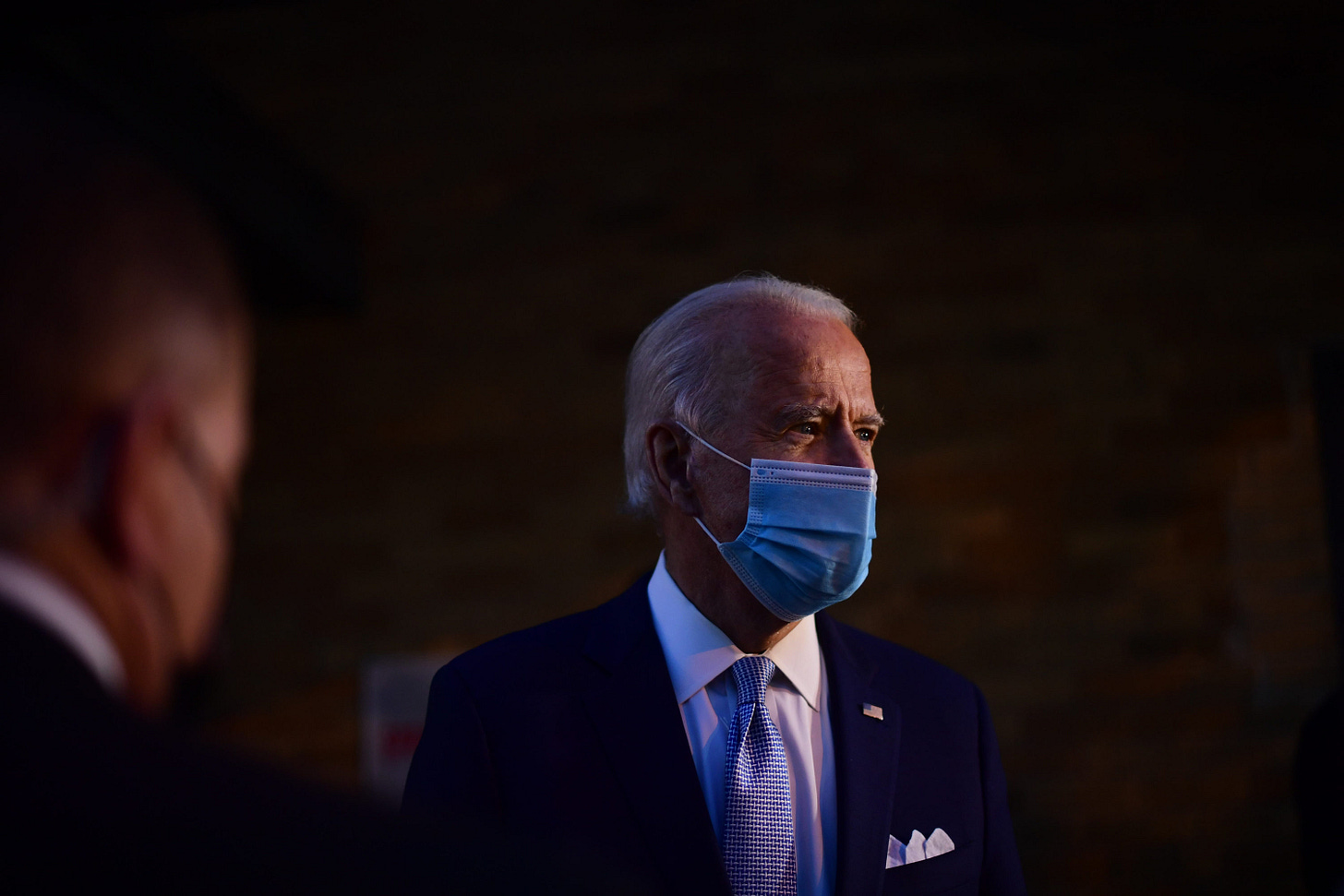Six Steps for a Bipartisan Foreign Policy
How the Biden administration can restore American values, leadership, and clout.

President-elect Biden's initial national security appointments look promising, as the individuals tapped for national security advisor, secretary of state, director of national intelligence, secretary of homeland security, and ambassador to the United Nations are all foreign policy professionals with solid government experience. They are, along with some of President-elect Biden’s other cabinet picks, mostly pragmatists and institutionalists, as opposed to ideologues or radicals. But despite the common saying, personnel isn’t policy—not all of it anyway. If the Biden administration is to pursue a foreign policy in line with his campaign theme of restoring traditional American habits and virtues—and one that might garner some Republican support—he will need lodestars for how to approach both perennial and novel foreign policy questions.
The below six points helped shape much of the foreign policy of modern era under Democrats and Republicans alike, and they might serve as a guide for the Biden team to balance their foreign policy on a bipartisan footing.
1) American peace and prosperity is enhanced by international leadership. The United States does not provide leadership from altruism or as a deduction from abstract morality (though both impulses help shape our views) but from a hard-headed recognition that the United States is one of the few countries in the world today that has the ability to shape outcomes by winning the trust and goodwill necessary to lead coalitions. International leadership, not unilateralism, is foremost in the interest of the United States.
2) Multilateralism and participation in international organizations is not cost-free, but it is the best path for the United States. Having friends can be expensive but having no friends is more expensive. A UN Human Rights Council that seats Cuba and Saudi Arabia should not be taken seriously, but how the United States presents itself at the UN, and how we use this presentation to win friends and influence global events, should be top priorities.
3) Be careful about foreign policy as a domestic political foil. Harsh public language can make goals more difficult to attain. Petulance is not a policy.
4) Carrots before sticks. Classical statecraft, collegiality, clear-eyed negotiations, regular consultations, and shaping a convergence of views will get you through 95 percent of your tasks, because 95 percent of the countries in the world today are status quo powers that seek peace and prosperity. They have no territorial disputes, they hold no deterministic ideology, they are not engaged in tangles with their neighbors, nor are they undertaking arms buildups. Besides status quo powers, there are also powers that are malevolent, predatory, or opportunistic. This remaining 5 percent will provide the tests, challenges, surprises, and provocations. Speak softly and carry something.
5) The United States should lead on trade. American non-participation in trade negotiations and agreements means other nations determine the standards, the relationships, and the benefits of the global economy. Moving on trade can cause economic dislocation. Standing still on trade will cause even more. Don’t stand still.
6) Values matter. We can debate to what extent democracy, liberty, and human rights should guide U.S. foreign policy, but the answer is not “never.” It is easier to forge working relations with like-minded nations. We should also look for opportunities to collaborate with other countries even when values are not aligned, but these will be more transactional.
None of these guidelines, nor any combination of them, will be sufficient to address the predictable and unpredictable challenges the Biden administration will face. But they can help. These might only garner regular support from a handful of Republicans, but on key issues support could go deeper, and ignoring them will make bipartisanship all but impossible.
President-elect Biden ran on restoring and uniting the country. The world needs that goal attained as much as we do.

